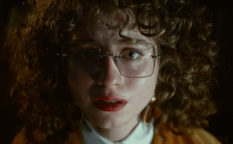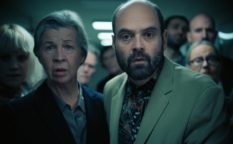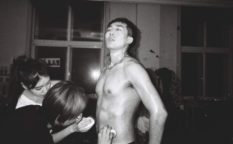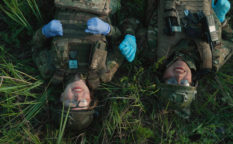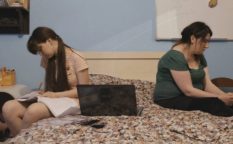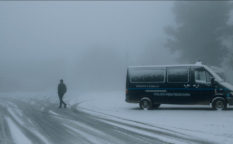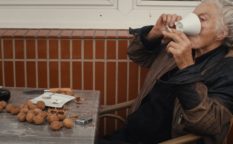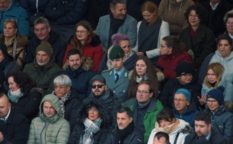Review: Sunless Shadows (2019)
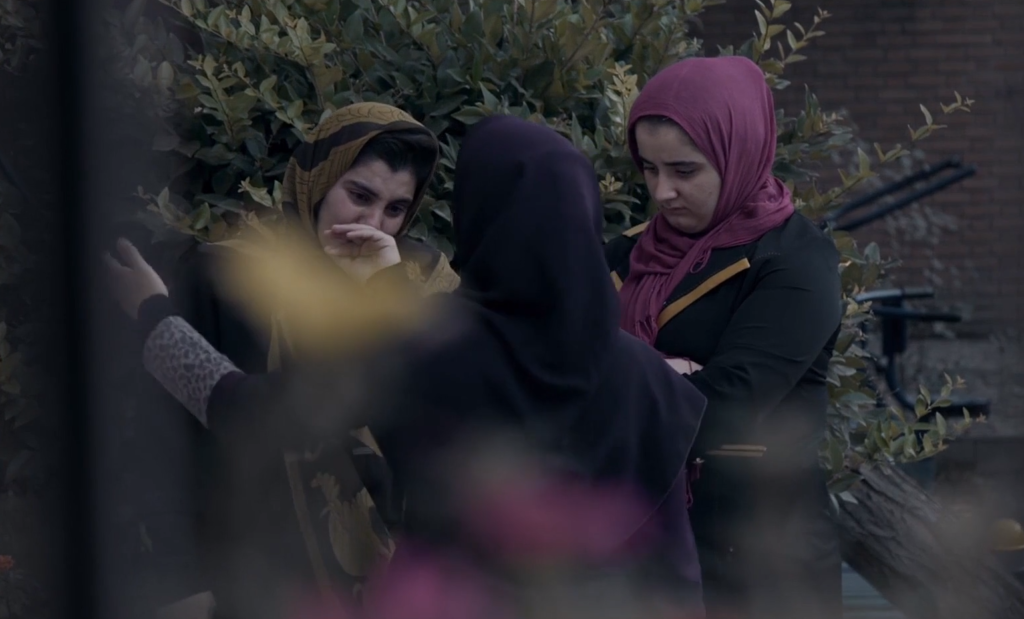
Five young women share the dorm of the Rehabilitation and Correction Center for girls in Tehran. Each of them condemned for killing a male family member, they await to hear what destinies their mothers will meet, all of them incarcerated for either being accomplices to murders or the actual perpertrators.
In his IDFA 2019 opener Sunless Shadows, a follow up to his critically acclaimed documentary Starless Dreams (2016), Mehrdad Oskouei returns to the correction facility to listen to the stories of young women who, betrayed by the conservative, patriarchal society had to take extreme steps to escape domestic violence. Not old enough to be condemned to death (although some of them obviously old enough to be married against their will) the girls know that their time will be served in some years, so what actually occupy their minds are the questions of more practical nature, the most important of them being – is there any future for an ex female con, especially when there is no male guardian waiting outside?
Some of the women were brought to the facility when they were at a tender age, and they barely know the world outside the walls anymore. Oskouei is not asking personal questions when all of them are gathered, chosing the role of a silent observer who’s eavsdropping conversations and monitoring their everyday activities. For more straightforward confessions, he’s leaving the young women the option of recording their thoughts and messages in an isolated room with a camera and a microphone they can activate on their own. Recordings are either directed to women’s mothers and sisters, or to their victims as a form of recap of the events that led to murders.
Most of the stories are heart-breaking and sobering in pointing at the lack of any kind of support for victims of violence, leaving the Iranian women with endurance as the only option. One prisoner is talking about her attempt to report her father’s abusive behavior to the police, with the incoprehensibly cold response she was given that her father must have had good reasons to do what he did, considering the brutality he excercised on her. Victim blaming and the segragation of sexes come into focus, showing the fragility of woman’s bare existance in Iran.
When not involved in conversations, the correction facility inhabitants try their best to establish some kind of normality. They tend to ducklings, laugh and danse, and they occasionally have to chase a pigdeon outside of the dorm. Although met with similar desitnies, they sometimes fail to recognize the true nature of each other’s tragedies, marked by the societal images of a woman’s roles in the family.
The devastating effect of such inherited societal codes on a person’s psyche is given in a couple of confessions about depressions and suicidal tendencies. At the same time, Oskouei is careful not to be emotional, staying out of the verdict on any of the cases. He is not siding, but he is good at showing the double judging standards. Steering clear from manipulative methods such as emotional music, closeups and the clear sympathy for one case or the other, the director manages to come very close to the core of the problem surrounding the uniformed way of judging all male-family murder cases.
“Do you want a truth or not? There are no husbands” says the recently released Somayeh to her former inmates during a visit. Out in freedom since months, she fails to see the advantages of the outside world that keeps her isolated. The only wisdom she managed to collect in the new world is that no man can offer protection to a woman. She longs to be inside again, surrounded by only people who can understand what she had gone through.
Original Title: Sunless Shadows
Persian Title: Sayeha-ye bikhorshid
Country: Iran, Norway
Language: Persian
Runtime: 74′
Executive Producer: Siavash Jamali
Written/ Directed by: Mehrdad Oskouei
Cinematographer: Mehdi Azadi
Editor: Amir Abidparvar
Sound Design/ Sound Mix: Mahmoud Khorsand
Sound Recordist: Parsa Karimi
Music: Afshin Azizi
Musicians: Mahrdad Alemi (Cello), Roxana Sarrafi (Vocal), Afshin Azizi (Guitar)
Colour Grading: Hamidreza Fatourechian, Borna Jamshidi
Production Manager: Vahid Hajilovi
Supported by IDFA Bertha Fund , Sundance Documentary Fund program, Indie Film









